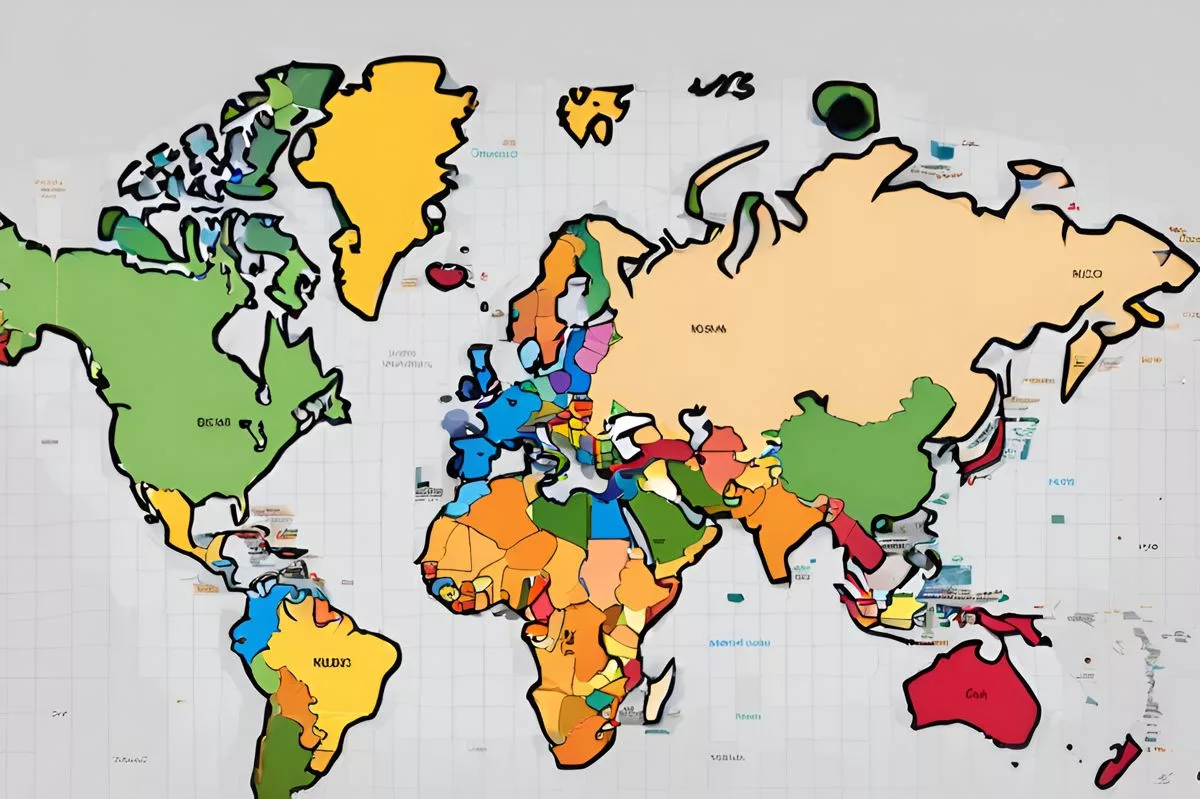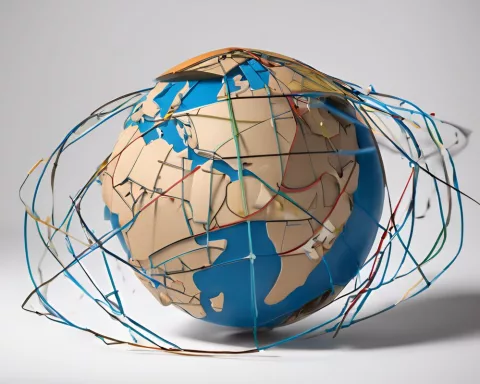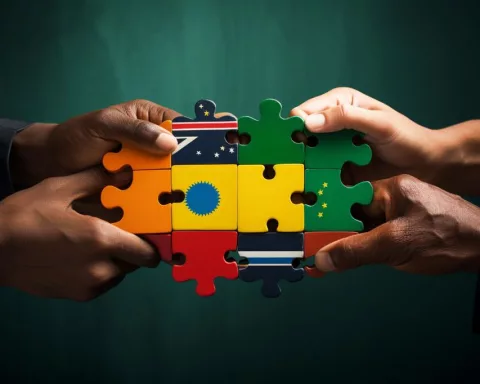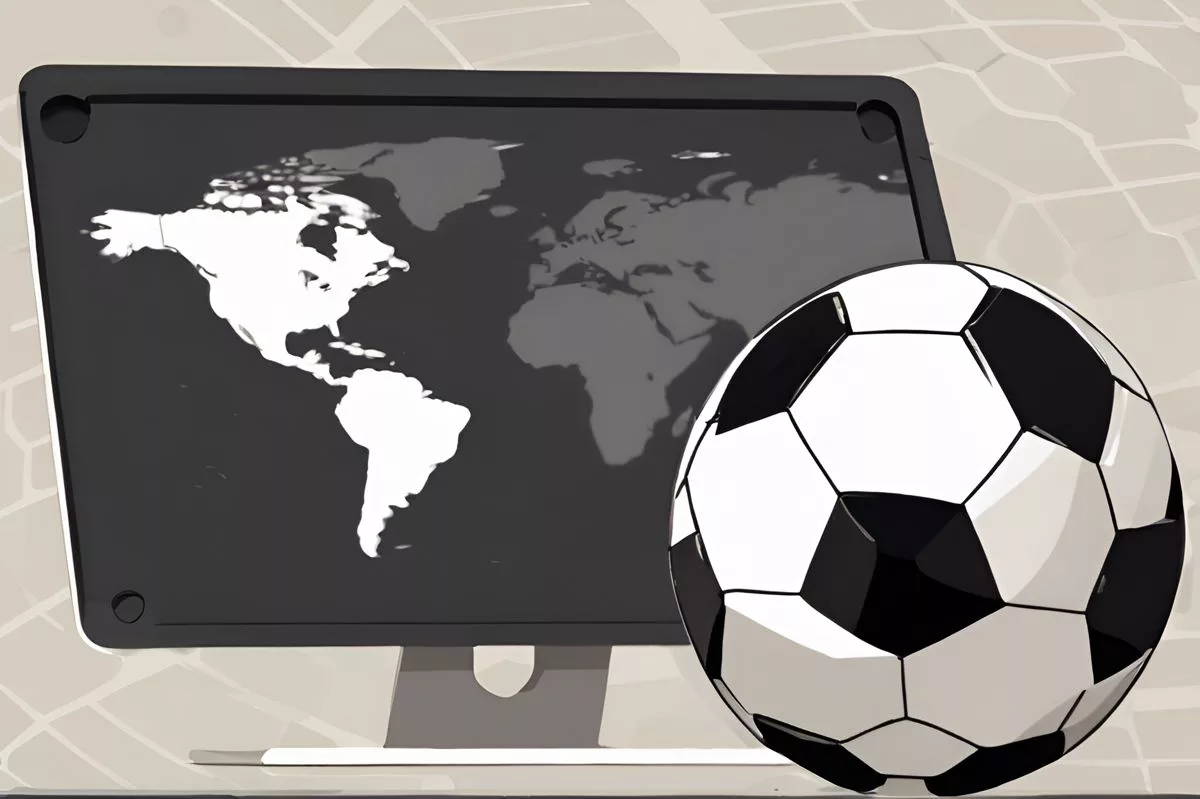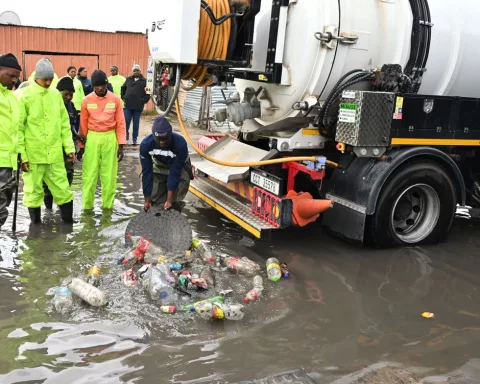The BRICS Dialogue with Developing Countries is a global conference of emerging and developing countries – Brazil, Russia, India, China, and South Africa – working towards a more inclusive and fair world order. The recent meeting in Russia saw the participation of global dignitaries and diplomats, emphasizing the bloc’s crucial role in reforming global governance for economic, political, and social collaboration. The conference addressed critical global challenges, advocated for accountability and reform, and called for unity to establish a stable multipolar world. At a time of uncertainty, the BRICS Dialogue offers hope for progress through collective action and multilateralism.
What is the BRICS Dialogue with Developing Countries?
The BRICS Dialogue with Developing Countries is a global gathering of Brazil, Russia, India, China, and South Africa to reform global governance for economic, political, and social collaboration. Its goal is to transform the global stage into a more inclusive, fair, and development-oriented world. The meeting provides a chance to reinvent the multilateral system, reshaping global governance to be more representative and inclusive.
Section 1: A Unique Global Conference
In Nizhny Novgorod, Russia, a distinctive global gathering took place – the BRICS Dialogue with Developing Countries. This meeting, which happened on June 11, 2024, signaled a pivotal turning point in global history, necessitating strong leadership and ingenuity. The BRICS collective – Brazil, Russia, India, China, and South Africa – found themselves in a special position to mold a rejuvenated world order.
The esteemed attendance of global dignitaries and diplomats, such as the versatile Minister Naledi Pandor of the Republic of South Africa’s International Relations and Cooperation, was a highlight of the conference. Being a prominent voice for the global South, Minister Pandor elucidated the BRICS bloc’s crucial role in reforming global governance, setting the agenda for economic, political, and social collaboration.
The BRICS bloc, known for its increasing importance and expansion, represents the hopes and principles of emerging and developing countries. Their goal is to transform the global stage into a more inclusive, fair, and development-oriented world. In a period of intense geopolitical uncertainty, these nations persist in advocating for multilateralism, aiming for stability and collaboration.
Section 2: Addressing Global Challenges
The world is faced with countless challenges – ranging from poverty and inequality to climate change, human trafficking, terrorism, and hunger. As Minister Pandor has proposed, the solution rests in consistent multilateralism. She is confident that cooperation through BRICS will enhance communities as opposed to worsening their vulnerability.
Our world is teetering on the brink of failing the 2030 Agenda for Sustainable Development, a potential setback due to increased economic risk for the disadvantaged and persistently low growth rates for those in need. Against this backdrop, Minister Pandor states South Africa’s dedication to the successful implementation of the Summit of the Future. This summit provides a chance to reinvent the multilateral system, reshaping global governance to be more representative and inclusive.
As South Africa gears up to take over the G20 Presidency this year, it uses this opportunity to advocate for Africa’s Agenda 2063 within the G20 framework. This progress, along with the African Union’s inclusion as a G20 member during India’s Chairship, gives a unique platform for advocating for the Global South. In this scenario, South Africa remains committed to nurturing peace and strengthening multilateralism.
Section 3: Advocacy and Accountability
An essential part of their global advocacy is safeguarding the rights and existence of the Palestinian people. South Africa has applauded the International Court of Justice’s directive to Israel to halt military action in Rafah. Minister Pandor emphasizes the need for accountability for those committing war crimes and calls for action from the International Criminal Court’s Prosecutor’s Office.
In pursuit of long-term peace, Minister Pandor stresses the importance of a two-state solution for the Israeli-Palestinian conflict. She envisions a sovereign and viable Palestinian state, based on the 1967 borders with East Jerusalem as its capital, living in peace with Israel. Through her voice, South Africa reasserts its unwavering support for Palestine as a full member of the United Nations.
Section 4: Call for Reform and Unity
Significantly, the conference further emphasized the urgent need for reform within the UN Security Council. The Council’s inefficacy in responding to conflicts, such as the situation in Gaza, adds urgency to this demand for change. South Africa is leading the charge, encouraging all UN member states to recognize Africa’s crucial role in current global affairs and rectify the historical injustice committed against the continent.
In an extraordinary appeal for unity, Minister Pandor encouraged all attendees to capitalize on the partnership opportunities available at the meeting. The objective is not merely to address global issues, but also to empower the global South and establish a stable multipolar world.
At this critical historical point, the BRICS Dialogue with Developing Countries has emerged as a beacon of hope. It has reaffirmed the potency of collective action, the indispensability of multilateralism, and the significance of inclusive development. It gives us a powerful reminder that, despite global instability and turmoil, progress is achievable when nations unite to craft a more equitable world.
1. What is the BRICS Dialogue with Developing Countries?
The BRICS Dialogue with Developing Countries is a global gathering of Brazil, Russia, India, China, and South Africa to reform global governance for economic, political, and social collaboration.
2. What challenges did the recent BRICS Dialogue aim to address?
The recent BRICS Dialogue aimed to address critical global challenges such as poverty and inequality, climate change, human trafficking, terrorism, and hunger, and advocated for accountability and reform.
3. What is the BRICS bloc’s role in reforming global governance?
The BRICS bloc’s role in reforming global governance is to transform the global stage into a more inclusive, fair, and development-oriented world.
4. What is South Africa’s dedication to the successful implementation of the Summit of the Future?
South Africa’s dedication to the successful implementation of the Summit of the Future provides a chance to reinvent the multilateral system, reshaping global governance to be more representative and inclusive.
5. What is the importance of a two-state solution for the Israeli-Palestinian conflict?
A two-state solution for the Israeli-Palestinian conflict is essential for long-term peace and envisions a sovereign and viable Palestinian state, based on the 1967 borders with East Jerusalem as its capital, living in peace with Israel.
6. What is the significance of the BRICS Dialogue in the current global affairs scenario?
At this critical historical point, the BRICS Dialogue with Developing Countries has emerged as a beacon of hope. It has reaffirmed the potency of collective action, the indispensability of multilateralism, and the significance of inclusive development. It gives us a powerful reminder that, despite global instability and turmoil, progress is achievable when nations unite to craft a more equitable world.

